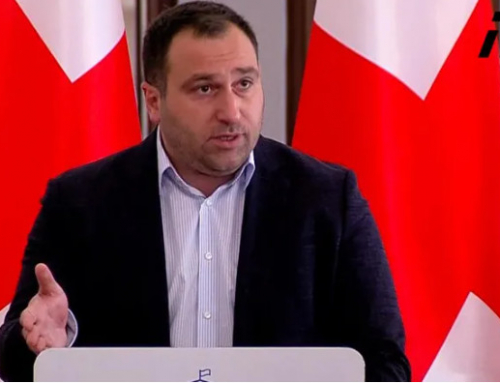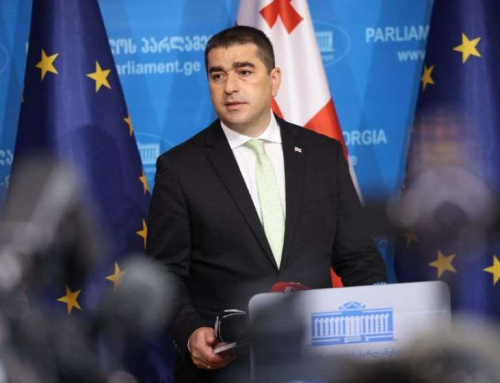TBILISI, DFWatch–President Saakashvili’s United National Movement (UNM) party is withdrawing a proposal to give amnesty to people guilty of financial fraud, saying it would fail to get the necessary votes.
Member of Parliament for UNM Zurab Japaridze on Wednesday said that he doesn’t plan to introduce the bill for white collar crime amnesty in parliament. Its full name is the bill on financial-tax amnesty and decriminalization of economy-industrial crimes. Japaridze, who is author of the bill, said there is no point in presenting the bill to parliament, ‘as it will fail anyway.’
This is the second time the UNM has tried to introduce a legislative amendment about financial amnesty, after President Saakashvili first presented a draft to parliament in early January.
His argument was that the bill would attract new investments. However, the bill received a lot of criticism with claims that the previous government had made illegal deals with businessmen, offering them tax breaks in return for bribes.
Some people suspected that the UNM was doing this as a means to free those businessmen from large amount of tax debts.
Saakashvili’s bill failed in a parliament ballot in the beginning of March.
Later, Zurab Japaridze prepared a new bill, however several parliamentary committees refused to discuss the bill: thecommittees on economy, regional policy and local government and financial-budget. Even though Japaridze still has a right to present the bill to the plenary session, he doesn’t plant to do it.
Deputy Finance Minister Davit Ebralidze a few days ago said that the government doesn’t support Japaridze’s bill; however the ministry is working on a few issues which are his draft bill deals with and in a nearest future, the ministry will present its own views to parliament.
“The major point of the initiative is to release business from fines and liabilities to the government and let them function in order to create new jobs,” IPN quotes Zurab Japaridze saying.
The MP explained that his draft had taken into account criticism from opponents that it was an attempt to go soft on businessmen close to the previous government, and had applied a limit so the amnesty wouldn’t apply to companies which had more that 2 million lari turnover per year, and also not apply to the companies which had not been through an audit for the last five years.





Leave A Comment
You must be logged in to post a comment.